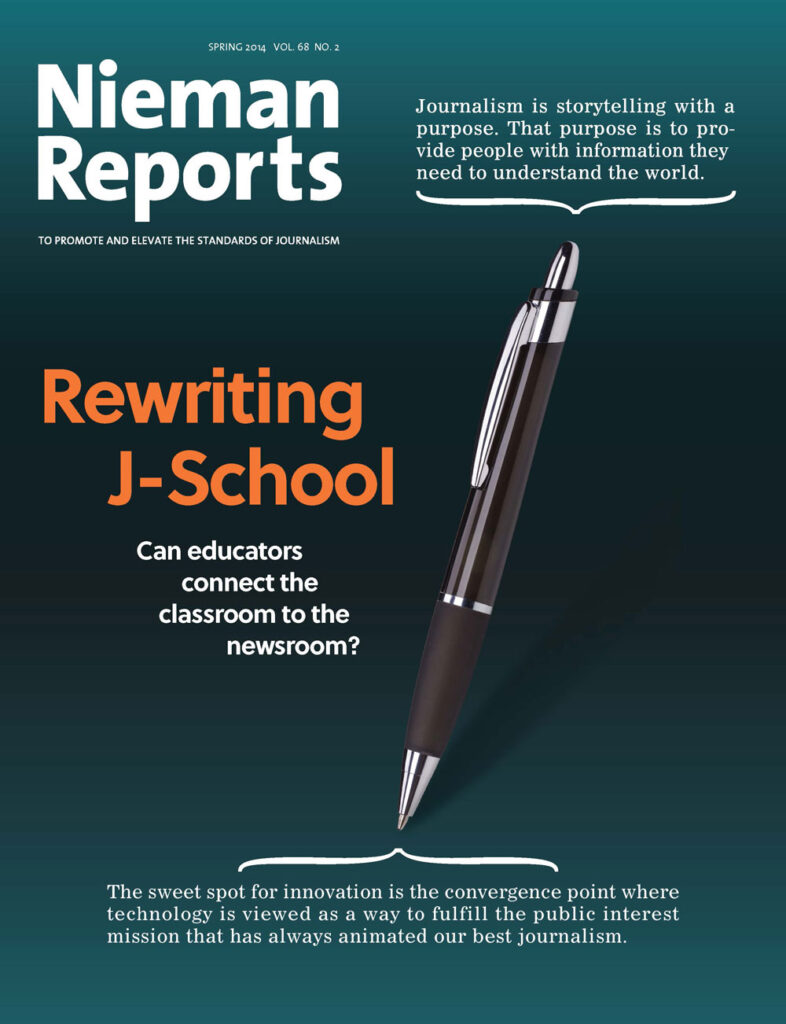I started working in the media with the hope of bringing change. My main hope was to help my people understand their rights and obligations as citizens, to monitor the government’s performance, and hold accountable the wrongdoers.
I’ve been trained in a newsroom with brilliant New York Times foreign correspondents, and I’ve had the Times’s support. Despite these privileges, I’ve often received serious threats from the Taliban, and a few times I have been subjected to interrogation and intimidation. At times, the government has threatened to prosecute me for allegedly defaming senior officials. We often had to withhold our names from the byline of a story if the topic concerned the crimes of the Taliban, warlords or narcotic smugglers. Sometimes, after a controversial story is published, we turn off our phones and go underground for a few days to avoid being targeted for reprisal.
As the U.S. government and its Western allies draw down their military commitment in Afghanistan, those efforts are in doubt. The Afghan government is not strong enough to protect the achievements of the past decade of free media in Afghanistan. Personally, it would be almost impossible to work as a journalist in Afghanistan if I had to work under the pressure and conditions my fellow Afghan journalists face. In particular, journalists reporting from the provinces or working with Western media outlets, still need the international community’s support. To do our jobs, we need the continuing support of the Committee to Protect Journalists and other journalists’ rights agencies. The Western journalists currently based in Afghanistan will eventually leave the country as the transition process continues, and it is the responsibility of Afghan journalists to provide the world with quality news from Afghanistan.



